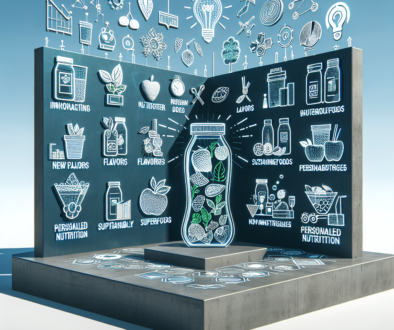Experimental Study On Abnormal Myocardial Collagen Metabolism In Diabetic Rats
Keywords
Diabetes, Cardiomyopathy Collagen, Endothelin Et-1, Aldosterone, Transforming Growth Factor Tgf-¦¢1
Abstract
Objective To observe the dynamic changes in collagen metabolism in the myocardium of diabetic rats induced by streptozotocin (STZ), and to explore the role of abnormal collagen metabolism in diabetic cardiomyopathy. Methods: Clean grade, 4-week-old, male SD rats were used in the experiment. A normal control group was set up, divided into an 8-week group and a 12-week group; STZ was used to create the model. A diabetes model was defined as a fasting blood glucose value >16.7 mmol 72 hours after injection of STZ. The model rats were randomly divided into two groups: an 8-week model group and a 12-week model group. After 8 weeks and 12 weeks, blood was collected from the abdominal aorta to separate serum, and serum total cholesterol, low-density lipoprotein, glycated serum protein, aldosterone, and endothelin-1 (ET-1) were measured. Sirius red staining was used to measure myocardial collagen content, and immunohistochemistry was used to measure transforming growth factor 1 (TGF-¦Â1). The results finally entered the results analysis of 35 animals. The blood glucose levels, myocardial collagen content, glycated serum protein (GSP), ET-1, aldosterone, total cholesterol, low-density lipoprotein and myocardial TGF-¦Â1 levels of rats in the 8-week and 12-week model groups were significantly higher than those of the corresponding normal controls. group (P<0.05); and the myocardial collagen content and myocardial TGF-¦Â1 expression of rats in the 12-week model group were significantly increased compared with the 8-week group (P<0.05). Conclusion Myocardial collagen metabolism is abnormal in diabetic rats at 8 weeks. As the disease progresses, myocardial collagen deposition increases progressively, accompanied by abnormal sugar, lipid, and protein metabolism. The increase in endothelin, TGF-¦Â1, and aldosterone may be responsible for the early stage of myocardial collagen deposition. sedimentation factors. For further information of this article and research, feel free to contact our team for asssitance. Original research was done by Zhang Changxi, Yang Aiping, Xie Chunyi
About ETChem
ETChem, a reputable Chinese Collagen factory manufacturer and supplier, is renowned for producing, stocking, exporting, and delivering the highest quality collagens. They include marine collagen, fish collagen, bovine collagen, chicken collagen, type I collagen, type II collagen and type III collagen etc. Their offerings, characterized by a neutral taste, and instant solubility attributes, cater to a diverse range of industries. They serve nutraceutical, pharmaceutical, cosmeceutical, veterinary, as well as food and beverage finished product distributors, traders, and manufacturers across Europe, USA, Canada, Australia, Thailand, Japan, Korea, Brazil, and Chile, among others.
ETChem specialization includes exporting and delivering tailor-made collagen powder and finished collagen nutritional supplements. Their extensive product range covers sectors like Food and Beverage, Sports Nutrition, Weight Management, Dietary Supplements, Health and Wellness Products, ensuring comprehensive solutions to meet all your protein needs.
As a trusted company by leading global food and beverage brands and Fortune 500 companies, ETChem reinforces China’s reputation in the global arena. For more information or to sample their products, please contact them and email karen(at)et-chem.com today.



